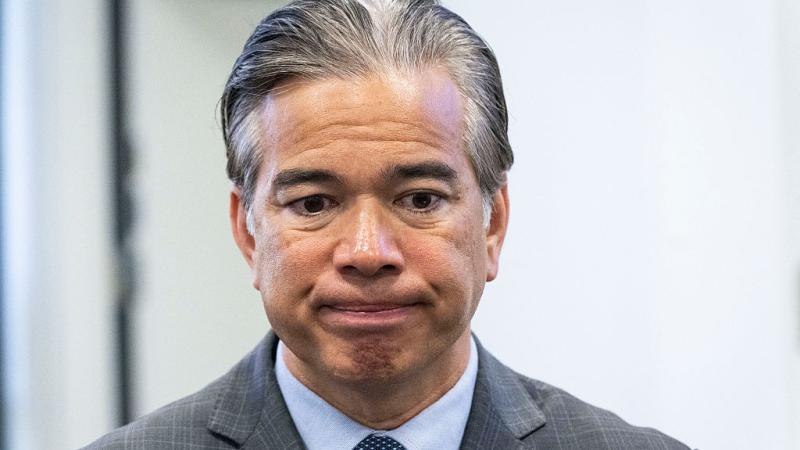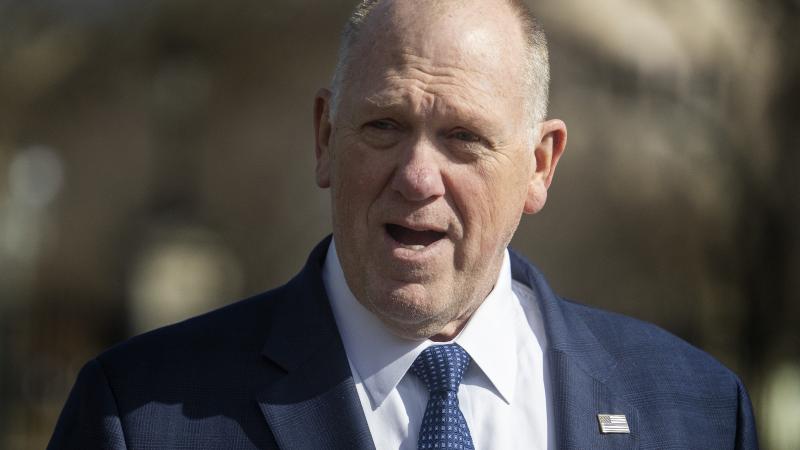Tennessee law safeguards musicians from theft using artificial intelligence
Artists and musicians are facing exploitation and the theft of their integrity and identity from AI. The goal of law is to protect those artistic rights.
A new state law is an effort to prevent artificial intelligence from producing fake works from Tennessee musicians.
The Ensuring Likeness Voice and Image Security Act, or ELVIS Act, was signed into law this week after first being proposed in January.
House Bill 2091 updates the current Protection of Personal Rights law, which protects name, image and likeness but didn’t address AI cloning.
“The ELVIS Act puts in critical safeguards to protect the humanity and artistic expression of Tennessee innovators and creators,” said House Majority Leader William Lamberth, R-Portland. "While we support the responsible advancement of this technology, we must ensure we do not threaten the future livelihood of an entire industry. This legislation is an important step in maintaining public trust and advancing ongoing efforts to protect and inform Tennessee consumers.”
Bill sponsors said artists and musicians are facing exploitation and the theft of their integrity and identity. The goal is to protect those artistic rights.
“The rapid advancement of AI is exciting in many ways, but it also presents new challenges – especially for singers, songwriters, and other music professionals,” said Senate Majority Leader Jack Johnson, R-Franklin.












